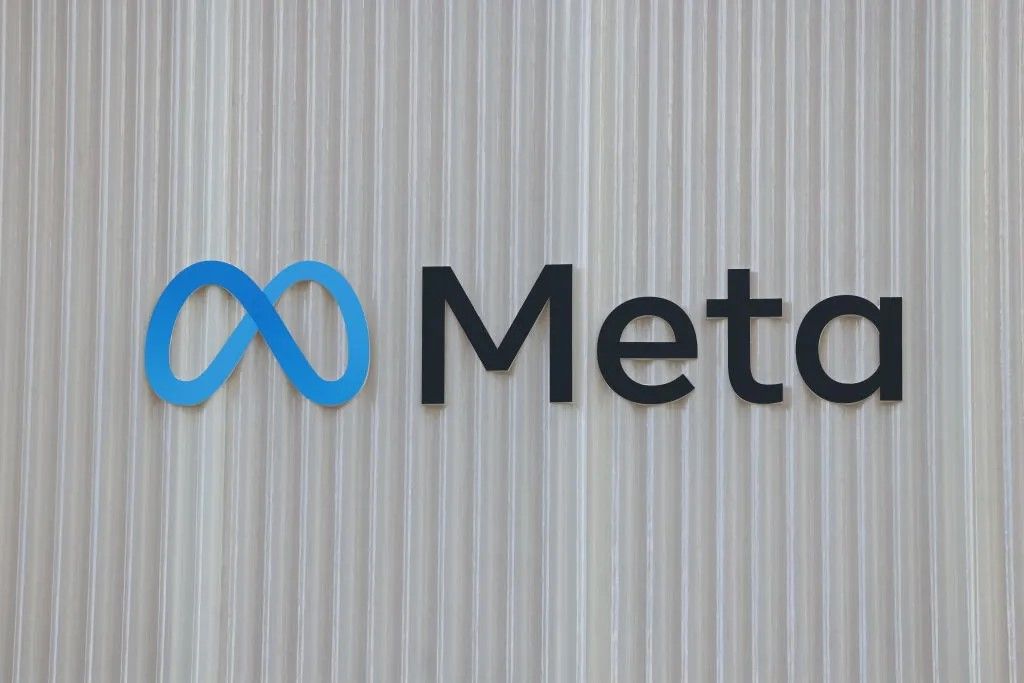Introduction
Primary definition: the Meta brain drain refers to the systematic departure of AI researchers and engineers from Meta, prompting record offers and strategic hires.
Context
Meta previously housed researchers who later founded companies such as Perplexity, Mistral and Thinking Machines. As large models gained importance, many engineers moved to rivals like OpenAI, Anthropic and Google for perceived greater impact, equity and visibility.
The Problem / Challenge
Meta has faced a decline in perceived AI talent: former employees and industry observers note a loss of top researchers and a chaotic internal culture. Public reports cite retention rates: SignalFire showed about 64% for Meta vs 80% for Anthropic and 78% for DeepMind.
Why it matters
High-profile departures hinder frontier research, slow product roadmaps, and raise the cost of talent recovery in financial and organizational terms.
"Meta is the Washington Commanders of tech companies"
Quote drawn from the provided source material
Solution / Approach
Actions Meta is taking include:
- Very large compensation packages for select researchers, reported in some cases as multi-year sums reaching into the hundreds of millions
- Formation of new internal labs (e.g., a “superintelligence” team) and reallocation of staff
- Strategic hires and stakes in companies, such as the involvement of Alexandr Wang
These measures address short-term gaps but raise sustainability and alignment questions for long-term research strategy.
Limits and risks
Monetary offers do not always sway researchers who prioritize equity and mission. High turnover and reassignments can damage culture and productivity without clear leadership and research governance.
Conclusion
Zuckerberg’s high-spend approach is a tactical response to the Meta brain drain, but long-term retention requires a clear research mission, governance and conditions that reward scientific contribution beyond pay.
FAQ
Quick answers:
- What is the Meta brain drain? The departure of AI researchers and engineers from Meta to competitors and startups.
- Why is Meta spending billions on AI talent? To replace losses, build new labs and accelerate strategic projects like “superintelligence.”
- How does Meta’s retention rate compare? Reports cited indicate about 64% for Meta, 80% for Anthropic and 78% for DeepMind.
- Will big offers stop the Meta brain drain? Often not; many researchers decline large offers in favor of equity and perceived impact.
